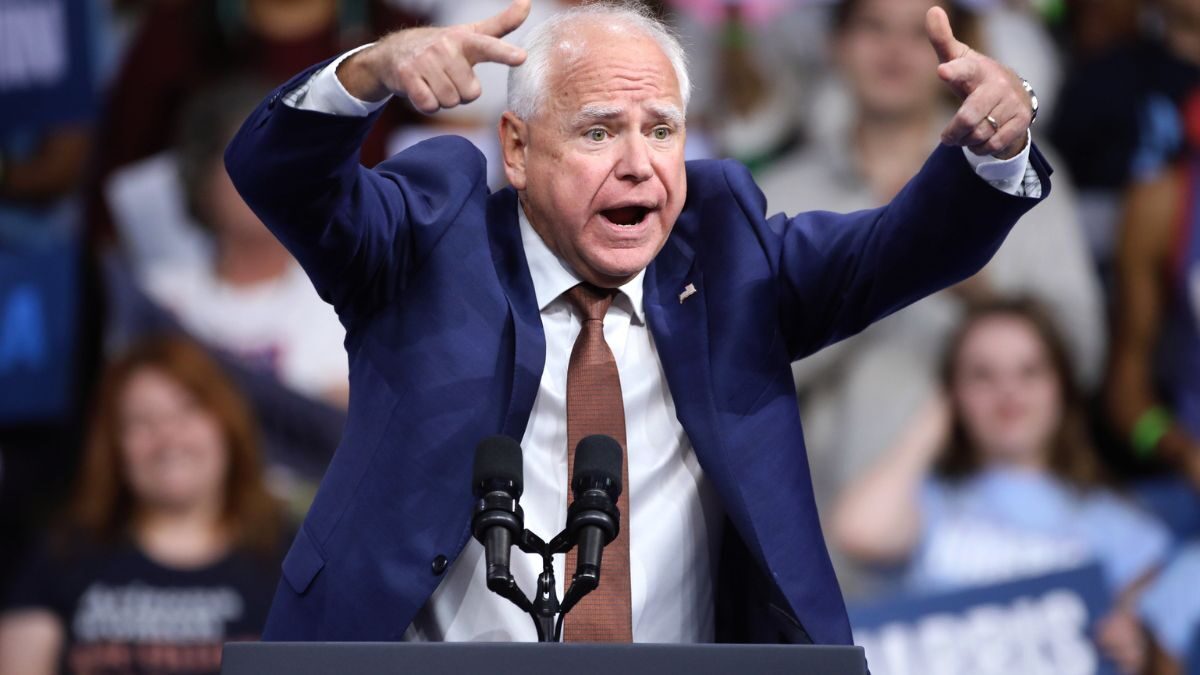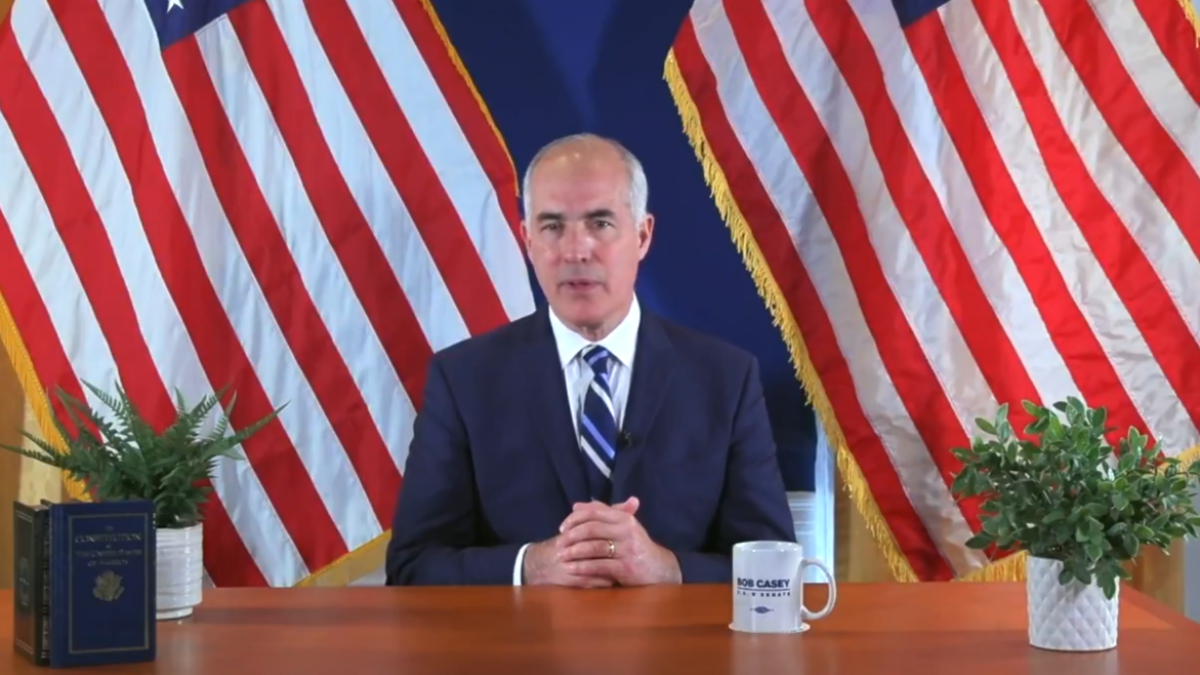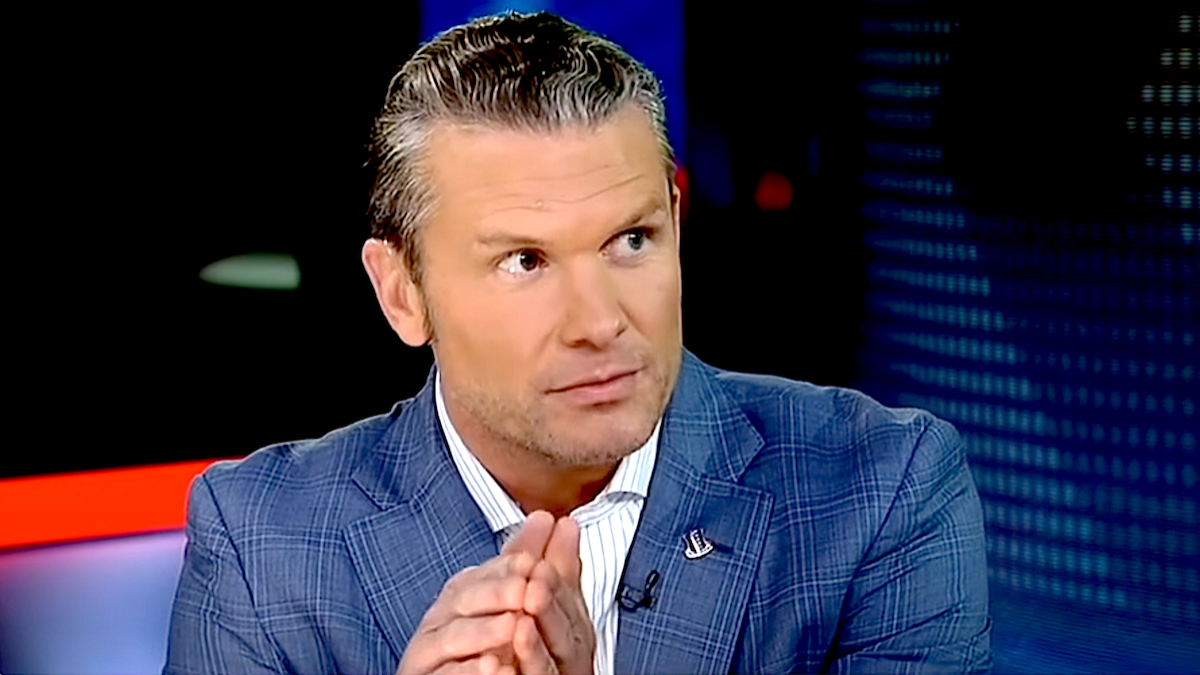
On Tuesday, Sen. Sherrod Brown—a notable leftist who has said he supports a single-payer health care system in theory—said in a CNN story that “it’s a terrible mistake if the Democratic nominee would publicly support ‘Medicare for All.’” On Tuesday evening, two of the party’s leading contenders for that nomination, Sens. Bernie Sanders and Elizabeth Warren, redoubled their commitment to such a policy, with Warren drawing fire from all sides about her lack of detail surrounding the issue.
As she had in previous debates, Warren refused to get into specifics about how she would pay for the single-payer plan that Sanders has introduced as legislation, and which Warren has endorsed. Sanders has previously admitted that taxes on the middle class would go up under his plan.
He reiterated again on Tuesday evening that “it is appropriate to acknowledge that taxes will go up,” even though he claims middle-class families will benefit on net from the elimination of deductibles, co-payments, and other cost-sharing. A 2016 analysis of an earlier version of Sanders’ plan came to a different conclusion, claiming that 71 percent of households would pay more for a single-payer plan funded by tax increases.
Warren would not admit that taxes on the middle class would go up under single payer. She claimed that costs for the middle class would go down on net under her plan, and that she would not sign any legislation that raised costs on the middle class.
However, even this supposed promise raised additional questions:
- Who qualifies as middle class in Warren’s estimation? A family making under $50,000, a family making under $250,000, or somewhere in between?
- Does Warren’s promise mean that no middle-class families will see their costs go up on net? If so, that seems like an impossibly high bar to clear, as virtually every major law creates both winners and losers. Even though the left tries to turn the federal government into another version of “Oprah’s Finest Things”—“You get a car! You get a car! You get a car!”—it rarely works out that way in practice.
- In September 2008, Barack Obama made a “firm pledge” that he would not raise taxes on families making under $250,000 per year—“not your income tax, not your payroll tax, not your capital gains taxes, not any of your taxes.” That promise lasted for less than a month of his administration. On February 4, 2009, two weeks after taking office, Obama signed a children’s health insurance reauthorization that included a large increase in tobacco taxes—taxes that hit working class families hardest. Given how quickly Obama did an about-face on his campaign promise, why should the American people take Warren’s word any more seriously than they did Obama’s “firm pledge?”
South Bend Mayor Pete Buttigieg also chimed in on the funding discussion. He had previously characterized Warren as “extremely evasive” on the issue during the last debate, and released ads prior to this debate questioning Warren’s and Sanders’ proposals to prohibit private health insurance. During the CNN debate, he pressed both issues, noting (as this commentator has) that Warren has “a plan for everything, except this.” With that, Warren derided Pete’s plan as “Medicare for all who can afford it.”
But Warren’s formulation raised an obvious question: Sanders’ bill, which Warren has endorsed, would largely abolish patient cost-sharing at the point of use. Multiple experts, including the liberal Urban Institute and the Rand Corporation—to say nothing of sheer common sense—have concluded that making health care “free” in such a manner would induce additional demand for care, thus raising health care costs. If she wants to deride Buttigieg’s proposal as “Medicare for all who can afford it,” why won’t Warren explain exactly how the country can afford the cost of her own proposal?
It seems particularly noteworthy that Warren wants to enact a major expansion of the federal government’s role—the largest expansion of government’s role ever, in both its financial scope and massive reach into every American’s life—yet cannot find a sufficient justification to admit the middle class will pay even a little bit more in taxes to fund this socialist utopia. The former speaks volumes about the left’s ultimate objective—full, unfettered power over the economy—and the latter speaks to the deception they are using to obtain it.









